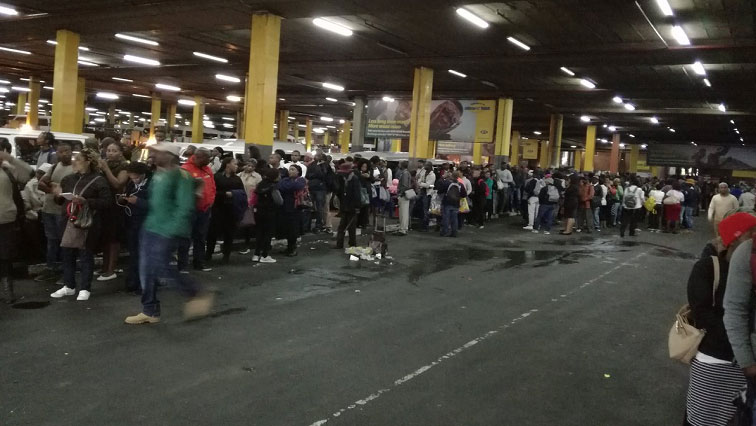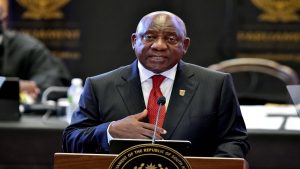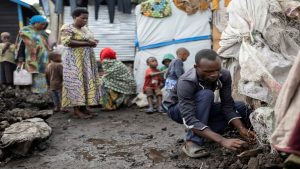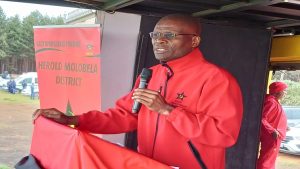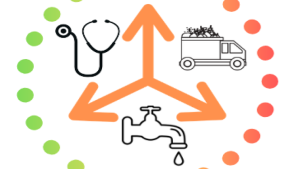Although inequality in South Africa is normally defined by the gap between the rich and poor, this gap has also widened between the 1994 political class and the people they ought to serve.
This divide is visible in the high-life our politicians live and the conditions of squalor ordinary South Africans are living in.
South Africa is a country dubbed the most unequal society in the world, but the divide is no longer restricted to the poor and the rich, which is mainly the white minority. It now extends to the political class born after the 1994 democratic breakthrough and the poor black majority living in townships, informal settlements and rural areas.
And this is evident in the State of the Nation Address, which has now become the annual pilgrimage of the country’s 1994 political elites, their immediate families and friends walking on the red carpet.
But at the other end of the spectrum, the apartheid legacy continues as the poor struggle to make ends meet in informal settlements.
Leah Mlambo is from the Princess Informal Settlement, west of Johannesburg. She says, ”We do not only need water. We need houses and electricity. We don’t have electricity since 1995 until today.”
Again a reliable and affordable public transport remains a luxury for the poorest in South Africa.
Even President Cyril Ramaphosa once had a bad experience, saying, ”Trains are don’t run efficiently. They don’t run on time. They delay people who are going to work. They arrive late at work. Many of them get disciplined because this happens everyday and they have run out of excuses and some of them get fired. They lose their jobs.”
But for the privileged few, a reduction of flight trips is a bitter pill to swallow.
”The cost of official cars will be capped at R800 000 vat inclusive. A new cellphone dispensation will cap the amount claimable from state. All domestic travel will be on the economy,” says Finance Minister, Tito Mboweni
If anything, the 1994 rainbow nation is getting even more divided than it was over two decades ago, with a new city most probably affordable only for the rich.
While democracy has delivered freedom for all not enough has changed for people living in formal settlements with others saying the 1994 promise of a better life for all will remain a distant dream as politicians pay lip service to the suffering of the poor.


